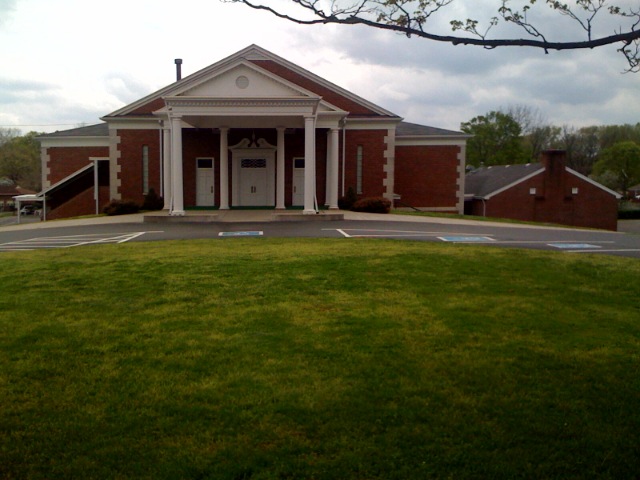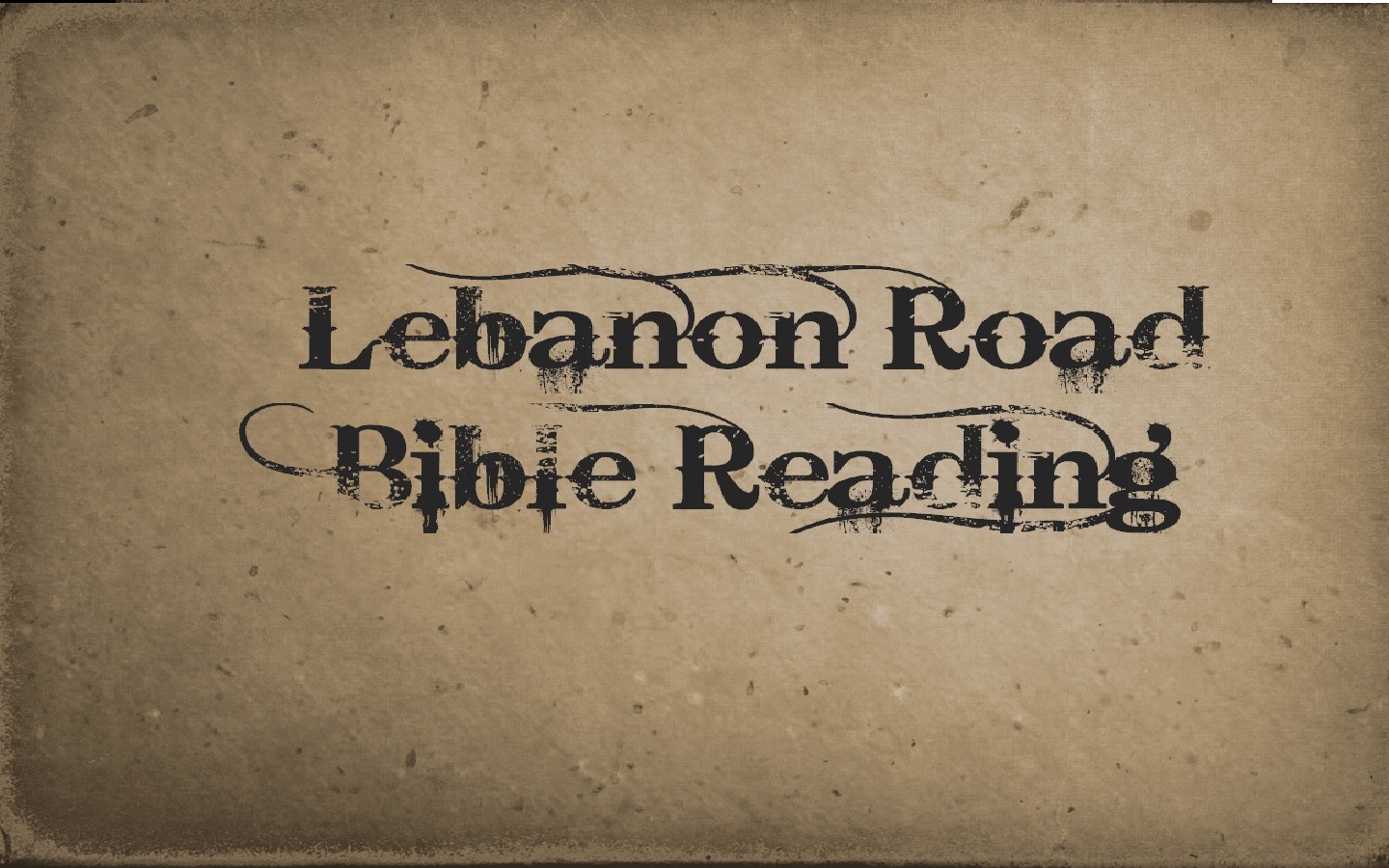A Response from Dr. Camp
In our last post, we mentioned the discussion held by David Lipscomb University in which there were some controversial remarks made by Lee Camp, professor at DLU. The article, as published in the Tennessean, and our post, sparked some debate as to what brother Camp actually said.
Dr. Camp issued a letter that was published in the Tennessean in response to the article and the outcry it caused. It was published on Thursday, and it does clear up much of the controversy. His letter follows:
My assignment for the day was to articulate the “Theological Ground for Peaceful Co-Existence.” Due to a front-page story in The Tennessean that mis-characterized my lecture and beliefs, numerous questions have been raised regarding what I believe, and what I said. Many have expressed feelings of dismay in response to the story, feelings I also shared when I read the report. Brief news stories can seldom do justice to substantive conversations.
The dialogue prior to my lecture had been most encouraging and refreshing: Numerous speakers had insisted that Jews, Muslims and Christians must not pretend that our differences are insignificant. Moreover, we can acknowledge the seriousness of the differences, while honoring one another.
Such conversation encouraged me, precisely because I have long disagreed with those who say that Jews, Muslims and Christians are all “saying the same thing.” Serious adherents of their respective faiths know this is not the case.
In my lecture, I too insisted that we must not discard what is most important to us. I am a Christian who holds, without apology, to the Lordship of Jesus. I cannot accept any strategy of “conflict resolution” that asks me to set aside that particular
claim. I believe and teach that Jesus is Lord of Lords and King of Kings.This exclusive claim of the authority of Christ thus presents a problem for “conflict management.” I went on to ask these questions: How can the Jew or Muslim trust us Christians if we hold onto the exclusive Lordship of Jesus? Given that I refuse to deny the Lordship of Jesus, what can I or other Christians possibly contribute to peace-making, whether global or local?
Here’s my answer: Because I profess that Jesus is Lord of Lords, I have committed myself to loving both neighbor and enemy. Because I profess that Jesus is King of Kings, I have committed myself to serving and honoring all people. Because I profess that Jesus is the ultimate authority to which all other authorities must submit, that authority requires of me to extend gracious, generous hospitality to the stranger, the pilgrim, and those who do not see the world as I see it.
This, of course, is not how the authority of Christ has always been practiced. In serious dialog with Jews and Muslims, we American Christians, who tend to have very short historical attention spans, must acknowledge the sins of Christian history.
The claim of the Lordship of Jesus has often been divorced from Jesus’ call to be merciful to those with whom we differ. In fact, the claim has often served as a battle-cry, an imperialistic profession used to destroy Jews and Muslims. In view of this history, Jews and Muslims have good reasons for not trusting those who wear the name Christian.
Because I profess Jesus as Lord, I must let go of any strategy that seeks to violently impose “Jesus is Lord” upon another. I believe and profess “Jesus is Lord,” and am compelled by Jesus’ Lordship to share this Good News world-wide. But if such sharing treats others in a way contrary to the teachings of Jesus, I have thereby denied my profession. I choose not only to proclaim that “Jesus is Lord,” but to live Jesus as Lord, among all — believer or unbeliever, Catholic or Protestant, Muslim or Jew.
I have nothing personal against this man. As I said in the last post, I hope and pray that David Lipscomb University can halt her reputation of moving away from conservative Christian values by taking strong stands for the truth in all areas. This letter seems to be a good starting place for that. Thank you, Dr. Camp.


